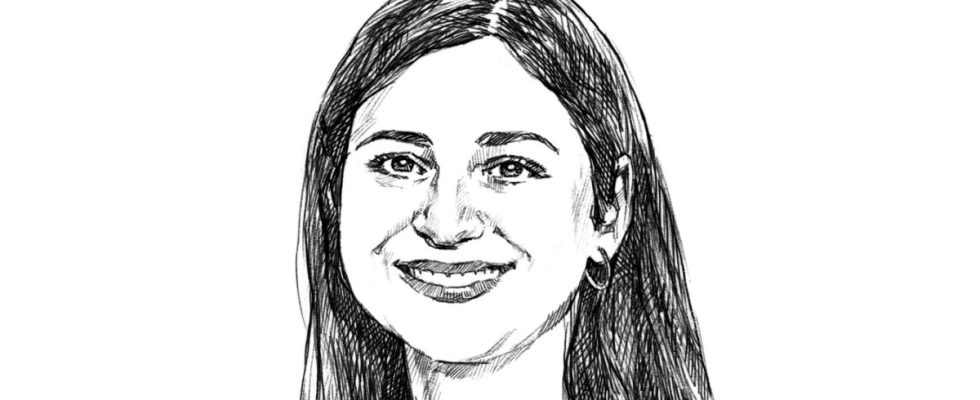There is an old fairy tale that all Ukrainians have in their heads from childhood. It’s the fairy tale about the mitten, and it goes like this: An old man lost the mitten in the forest in winter, but animals found it and hid in it to protect themselves from the cold. The house I now live in with my family reminds me of this fairy tale and this mitten.
Tight but comfortable – and safe. That’s how I would describe life in our home. I was very lucky to be able to get to safety in Germany with my daughter right at the beginning of the Russian war of aggression and to immediately find a place to stay in Pullach. A local family made the house available to us, and I am very grateful for that. My whole family now lives here: four adults and one child.
When we think about our lives like this, we sometimes come up with ideas about how much we could achieve in Germany under different circumstances. We are all highly qualified, graduated from the best universities in Ukraine and have had notable careers at home. We are two engineers, a teacher and a pharmacist. In principle, these are the professions that are sought in Germany and that the traffic light government now wants to promote with the Skilled Immigration Act.
Skilled workers are urgently needed in Germany, and this law is intended to make it easier for foreign skilled workers to gain access to the German labor market and, after a while, to receive a so-called settlement permit. The prioritized professions are very different – from IT specialists to teachers or educators. I believe that the new law can be an impetus for many Ukrainian refugees to find their way into the German job market more quickly.
My compatriots are mostly academically educated. In total there are more than a million Ukrainian refugees in Germany. According to a new study by the Ukrainian Center for Economic Strategy and the research agency Info Sapiens, 70 percent of them have a higher education.
Because the war has been raging for almost two years, it is becoming increasingly difficult to predict an end. That’s why more and more Ukrainians are thinking about their future and their career prospects here. The new law gives them exactly this perspective. I suspect that in the next few months a significant number of my compatriots will take advantage of the opportunity to build a professional future here.
Not only in my family, but also in my surroundings, there are Ukrainians with a wide variety of professions: solar energy engineers, marketing specialists, and so on. Many of them already speak German very well and are continuing to learn diligently. They will definitely be in high demand on the job market.
Nevertheless, I have a bit of a stomach ache because what will be a positive development for the German labor market could one day turn out to be a big problem for the Ukraine. Because my country will miss all these young, well-educated people when the war is over. Motivating them to return home will certainly not be easy. This would of course greatly help with the German shortage of skilled workers. In any case, I see great interest among my friends in using the new law.
Emiliia Dieniezhna, 35, fled from Kiev with her then four-year-old daughter Ewa Pullach near Munich. She works on a voluntary basis for the non-governmental organization NAKO, whose goal is to fight corruption in Ukraine. She also teaches German to Ukrainian refugee children. She writes a weekly column for the SZ about her view of events in her home country from Munich.

